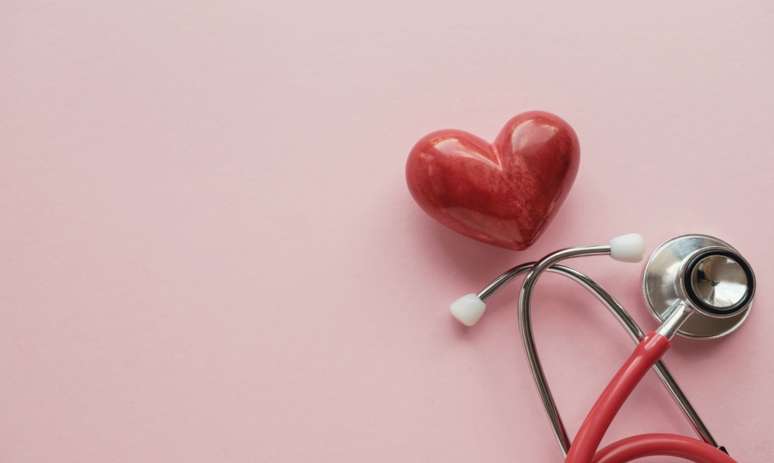Mental health directly influences the appearance of physical symptoms, such as bruxism
When compromised, the mental health usually presents physical symptoms in the human body. In this sense, one of the most recurring manifestations is bruxism, a disorder defined by teeth grinding or clenching. This practice can take place during the day, while awake, or at night, during sleep.
According to the World Health Organization (WHO), approximately 30% of the world’s population suffers from bruxism. In Brazil, this figure reaches 40%. This reality is associated with increased levels of stress everydayespecially due to the busy lifestyle and daily pressures.
According to dentist Ianara Pinho, emotions are directly linked to the disorder. “Many of my patients come to the clinic with facial, ear or jaw pain without realizing they suffer from bruxism. And, in most cases, this is directly linked to the stress and anxiety they face on a daily basis,” he explains.
What is the impact of bruxism?
The consequences of bruxism manifest themselves beyond the immediate discomfort. This is because the practice also involves wear of tooth enamel, possible tooth fractures and extreme sensitivity. “It’s like you’re subjecting your teeth to some sort of premature aging“, explains the specialist
Furthermore, they are there impacts which negatively affect other parts of the body. This is the case of recurrent headaches, back and neck pain, ringing in the ears and temporomandibular joint (TMJ) disorders.
According to the dentist, diagnosis is essential to avoid more serious consequences. In this sense, with the high propensity of generations to develop these symptoms, the research of a professional to analyze signals is the key.
How is the treatment?
Treating bruxism is a work together. This is because this process may include the use of night guards to prevent the teeth from being in direct contact. We also recommend the practice of physiotherapy and attention to stress control, together with psychology professionals.
To prevent premature aging of the teeth associated with the disorder, it is necessary to insure oral health long term. Such care can be achieved through appropriate hygiene practices. Discover the main ones below.
- Brush your teeth regularly
- Floss every day
- If you consult your dentist regularly
- Conduct professional exams and cleanings
Furthermore, it is essential to avoid harmful habits. Smoking and a high-sugar diet are examples of actions to avoid.
Finally, Ianara underlines the importance of raising public awareness impact of emotions on dental health. “It is important for everyone to reflect on how much emotions affect physical and mental health. Bruxism is just one example of how stress can impact the body in a silent and often devastating way”, concludes the professional.
Source: Terra
Ben Stock is a lifestyle journalist and author at Gossipify. He writes about topics such as health, wellness, travel, food and home decor. He provides practical advice and inspiration to improve well-being, keeps readers up to date with latest lifestyle news and trends, known for his engaging writing style, in-depth analysis and unique perspectives.








